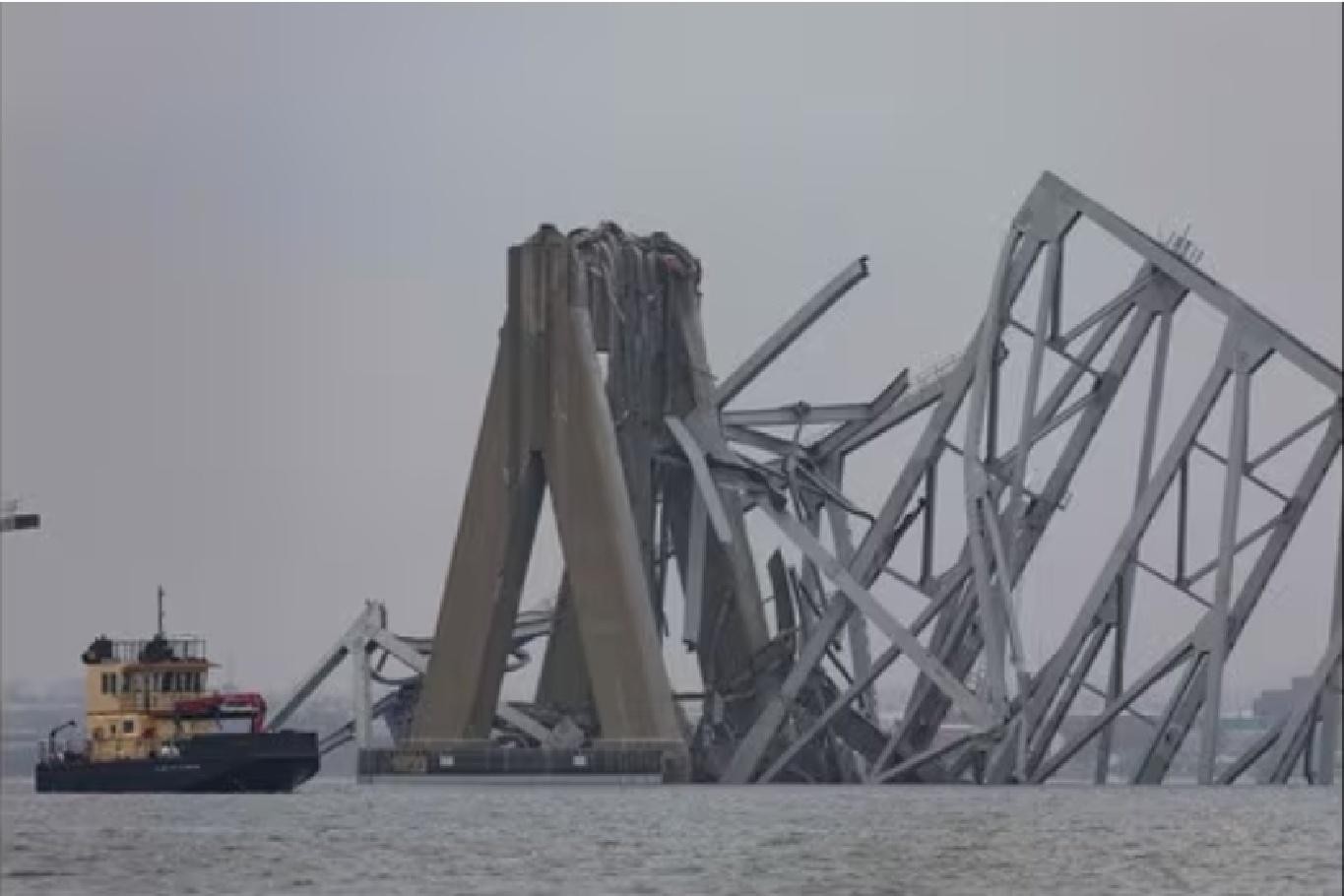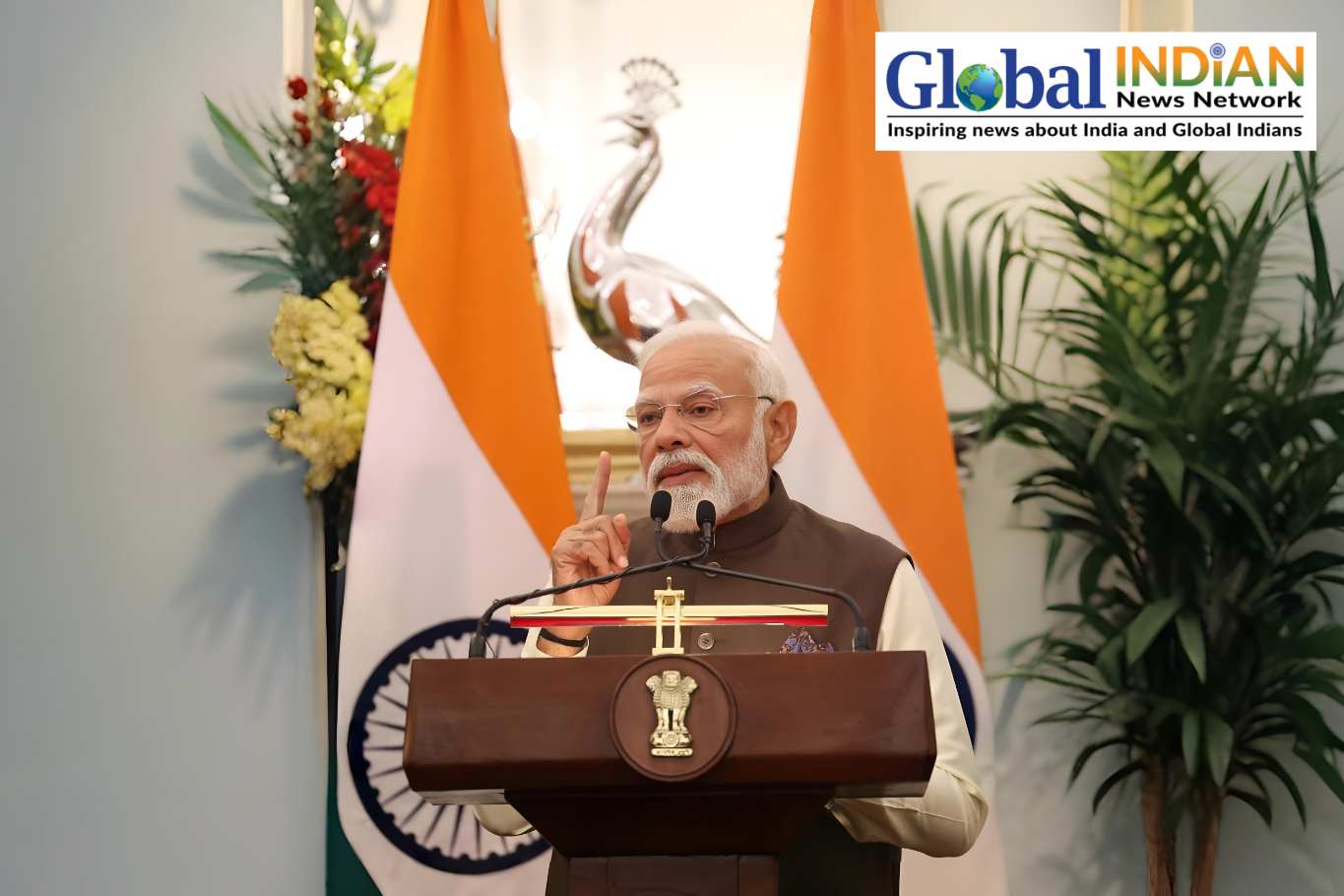
The recent collision involving the cargo ship Dali and the Francis Scott Key Bridge in Baltimore has brought attention to the remarkable success story of Synergy Maritime Group, founded by Rajesh Unni in 2006. From initially managing around 30 ships in the early 2010s, Synergy’s fleet has expanded to approximately 660 vessels today, with a growth rate of about 50 ships per year. This growth underscores the trust placed in Synergy by ship owners worldwide.
The crew of the Dali, entirely Indian, escaped the accident with minor injuries, highlighting the safety measures onboard. However, such incidents can prompt scrutiny from national authorities and impact the reputation of both ship managers and individual seafarers. The investigation into the cause of the collision will determine its implications on Synergy’s credibility and adherence to safety standards.
Registered in Singapore with offices worldwide, Synergy’s roots trace back to Chennai, where Unni established the company. With thousands of Indian seafarers on its roster, Synergy manages a diverse range of vessels, including oil and gas tankers, bulk carriers, and container ships. The company’s growth reflects the evolving dynamics of the global shipping industry, with a focus on efficient operational support.
Ship management, a specialized field in global shipping, involves overseeing technical aspects, crew management, and regulatory compliance. Synergy excels in this niche, earning the trust of industry stakeholders through its calm and efficient operations. Strategic alliances, such as the partnership with Maersk, have contributed to Synergy’s expansion, making it a significant player in the maritime sector.
The recent accident has sparked widespread interest and speculation within the shipping community, highlighting the significance of Synergy’s growth trajectory and its impact on the industry landscape.









